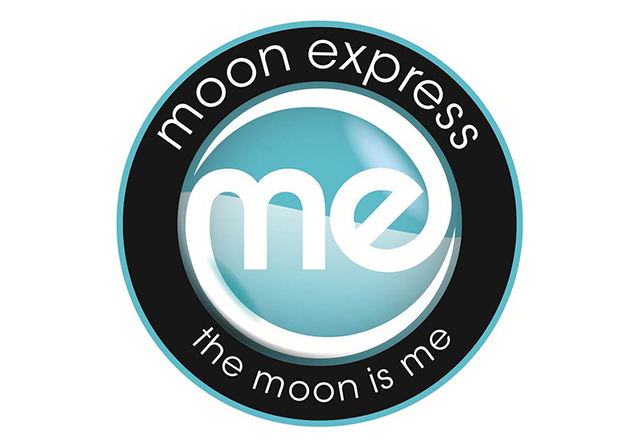Moon Express gets FAA 'approval' for Moon mission

Last week Moon Express, a contender for the Google Lunar X-Prize (GLXP), announced that the company had received interagency approval from the White House, Federal Aviation Administration (FAA), Department of State and other U.S. government agencies "for a maiden flight of its robotic spacecraft onto the Moon’s surface to make the first private landing on the Moon".
This heady announcement got a lot of press including this story I am linking to because it was in the New York Times, the USA’s so-called pape of record. If the Times writes "gets approval to put robotic lander on the Moon" it must be true. Only this story isn’t true. Yes, the FAA kinda-sorta gave Moon Express permission to land on the Moon. But by the same token, the FAA has no power to deny Moon Express -- or anyone -- the right to land on the Moon. It’s not in their jurisdiction.
If the FAA has no real power to grant or deny permission to land on the Moon, why did Moon Express ask them for approval? Only Moon Express can know its motives but my guess is they did it for the publicity. Lots of press was generated at very low cost and nearly all of the stories were positive. Moon Express backer Naveen Jain was quoted widely. These are the desired products of clever press relations. But they aren’t really news. And they don’t say much of anything about the true state of private space travel.
A better question to ask than why Moon Express decided to tell the world it had received approval from an agency that doesn’t have the job of giving such approvals would be "why did the FAA go along with it?"
To some extent they didn’t go along with it. Visit the press release section of the FAA web site and you’ll see the agency did not issue a release about the approval (nor, as far as I can tell, did the White House, Department of State, etc.). What they did issue was a "Fact Sheet" about the approval. Follow the link and read this document because it is quite amazing. Most of it isn’t about Moon Express at all but about the tenuous legal basis for granting approval -- a basis that is undercut in the final paragraph where the agency pleads for new legislative authority (and money) to legally do what they just did.
Here’s what the FAA actually approved: "On July 20, 2016, the FAA made a favorable payload determination for the Moon Express MX-1E mission. The FAA has determined that the launch of the payload does not jeopardize public health and safety, safety of property, U.S. national security or foreign policy interests, or international obligations of the United States".
Not really approving the mission, is it? This feels to me more like one of those non-action letters some companies get from the Internal Revenue Service to feel okay about that new one-person subsidiary in the Cayman Islands.
There is a lot of human nature at work here. The FAA, as a regulatory agency, sees itself regulating. The idea that their fiefdom could be expanded a bit must have been appealing, so it’s hard to blame them for playing along. But there’s a danger in this, too. The old Atomic Energy Commission was charged with simultaneously promoting and regulating nuclear power, with one result of that obvious internal conflict being Three Mile Island. Now we have the Nuclear Regulatory Commission and the Department of Energy to do those very different jobs.
This is not to say that space travel isn’t already regulated. You need a launch license if you launch from the USA (this license is usually issued to the operator of the launcher, not the payload). If, as an American company, you launch from foreign soil then you need an export license from the USA.
So SpaceIL, the other GLXP team that has a hope of reaching the Moon, is counting on SpaceX -- its launch provider -- to get their launch license. Though SpaceIL is based in Israel, its American launch means it needs an American launch license. But interestingly they haven’t asked the FAA for a mission or landing license like Moon Express. I wonder why not?
But wait, there’s more! If you transmit to or from your spacecraft using radio frequencies and the transmitter is owned by a U.S. company, then you need a frequency license from the Federal Communications Commission. If you want to collect earth images as a U.S. company, then the National Oceanic and Atmospheric Administration has to issue a remote sensing license. You also must file a plan with NASA saying how do you intend to mitigate space debris from your launch.
But you DO NOT need a license or permission to land on the moon!!! The U.S. government has no jurisdiction over the moon. Our government has no legal framework or basis for that.
Maybe it was just a slow week for space news.
